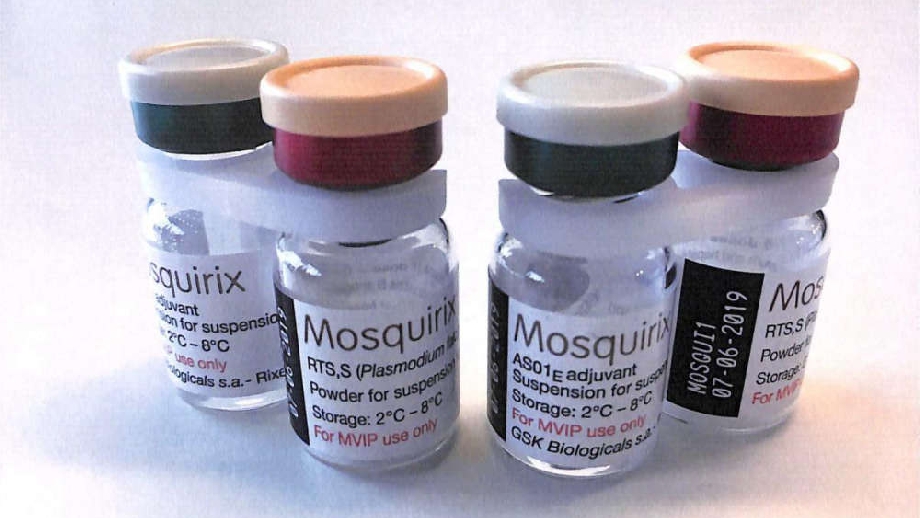
Happiness Bassey, a 35-year-old mother of four children aged six months to 10 years, is weary of treating her children for Malaria every month.
Two of her weak-looking sons lie on a mat inside the kiosk where she sells animal feed in Elele, a community in the eastern part of Rivers State.
Mrs. Bassey tells me her sons are suffering from Malaria.
“Like this one lying down is not feeling fine. I bought malaria drugs yesterday and I'm not seeing any improvement and I want to go and buy another one,” she says.
“You will treat, it will relieve you but later come back. You will be buying drugs as if the drugs you're buying are not working.”
Malaria is an urgent public health priority, according to UNICEF. The disease and the cost of its treatment trap families in a cycle of illness, suffering, and poverty.
Today, nearly half of the world’s population, most of whom live in sub-Saharan Africa, are at risk of getting Malaria and facing its economic challenges.
The disease remains a primary cause of childhood illness and death in sub-Saharan Africa. More than 260,000 African children under the age of five die annually from it.
Low-Income Earners Spend Thousands on Malaria Treatment
This is why the announcement of a Malaria vaccine has given Mrs. Bassey and other mothers like her hope.
She says she spends about N2,000 every month treating the disease.
“I wish I can see any better drugs that will cure Malaria. I will be very happy. If the malaria vaccine will work, it will be very good,” she says.
Deborah Chukwu, another mother of six, spends N8,000 every month treating Malaria in at least three of her children.
The mango seller in Akinima village, Ahoada West Local Council of Rivers State considers the invention of a vaccine a positive development that will save her money.
“I am managing this mango business like this, I will use the money to add to my business and not to buy malaria drugs,” the 29-year-old explains.
The situation is no different for 45-year-old Blessing, a mother of two, who treats Malaria every quarter, as she lives near the Orashi River, a breeding ground for mosquitoes.
She is eager for her two children to receive the vaccine which she believes will save her money.
“If the federal government brings the vaccine, it will be very good so that it will make us spend less,” she says.
“When they bring the vaccine, you will see that the small money you will use to treat your child, you will use it to chop (eat). They should bring it now, not next year,” She adds.
Nigeria to Get Malaria Vaccine in 2024 -Ehanire
Nigeria’s health minister, Dr. Osagie Ehanire, says Malaria kills 10 citizens every hour.
“Children under five years of age remain the most vulnerable group affected by Malaria; accounting for 67 percent of all Malaria deaths,” he says.
“It is a major cause of school absenteeism and low productivity.”
In April, Dr. Osagie said the RTS,S Malaria Vaccine was expected to be available in Nigeria by April 2024, after missing the second application window for the vaccine which closed on 17 January 2023.
The third window of applications for support from Gavi, the vaccine alliance, opened in April 2023, and Nigeria has applied, according to the minister.
“Let me also inform you that the national program is working closely with the National Primary Health Care Development Agency (NPHCDA) and other stakeholders in accessing and deploying the Malaria Vaccine (RTS,S) in a phased fashion, subject to the availability of the needed quantity,” the minister says.
“The country has also successfully submitted an application to Gavi for the RTS,S Vaccine allocation. This is expected to be in-country by April 2024,” he adds.
When added to currently recommended Malaria control tools, research shows the RTS,S Vaccine can reduce episodes of Malaria in children by 40 percent and reduce life-threatening severe Malaria by around 30 percent.


